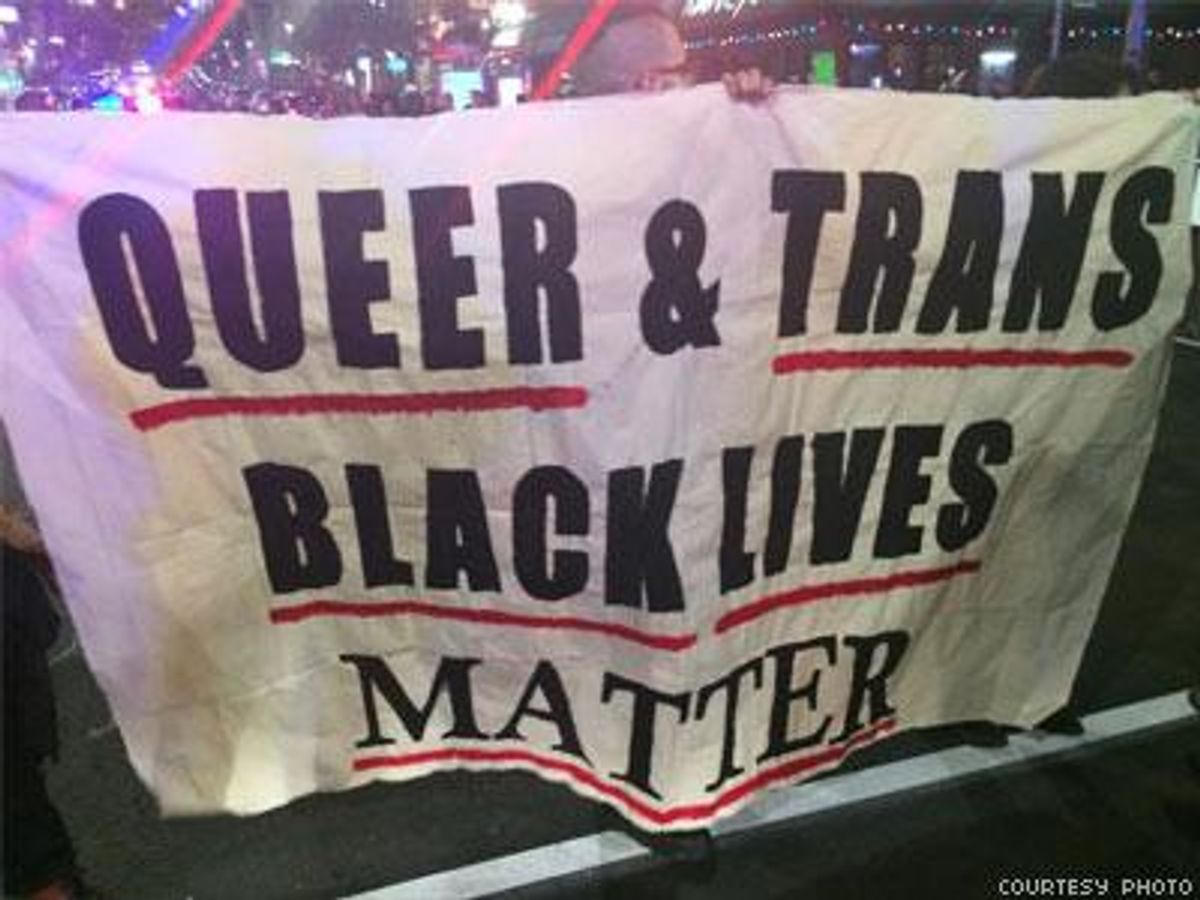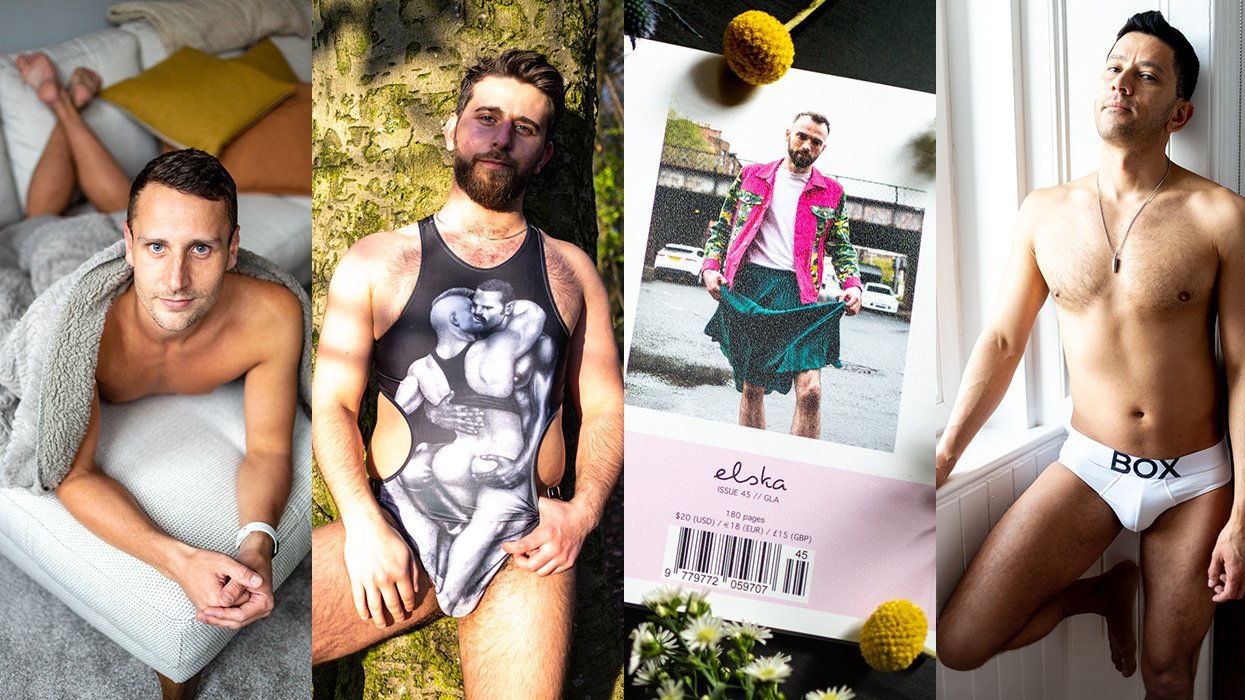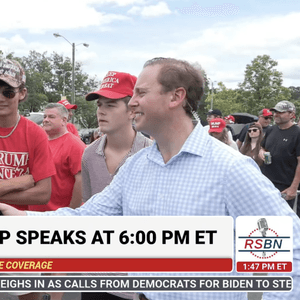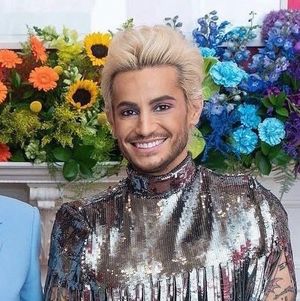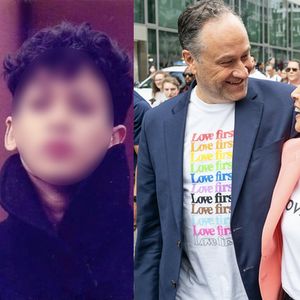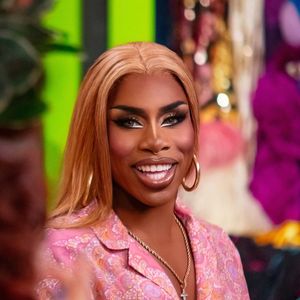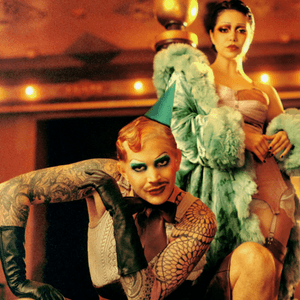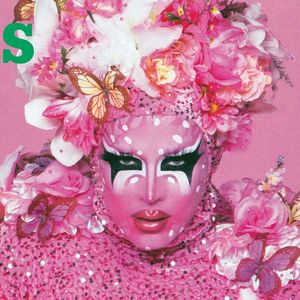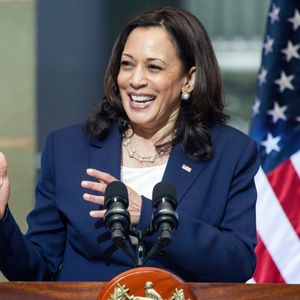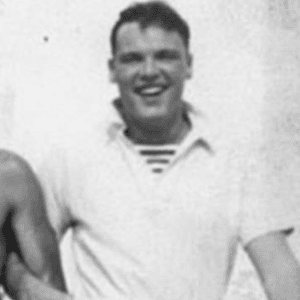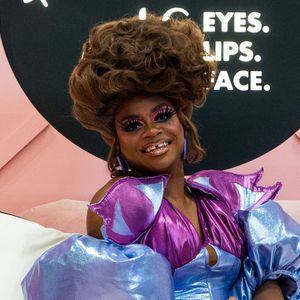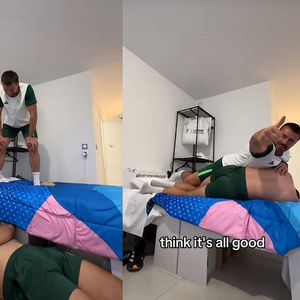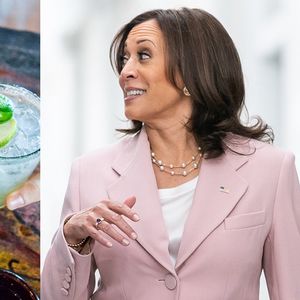Earlier this month, a group of queer and trans people of color disrupted two bars in the Castro District of San Francisco to deliver a message of mourning.
"We need you in the streets with us," we chanted, holding up images of black queer and trans people killed by police or vigilantes. "We honor the lives of murdered black trans women and queers."
The response? The DJ of Toad Hall spewed verbal abuse, gave us the finger, and cranked up the music to drown out our words. A white bar patron pulled the hair of a protester and shattered a glass bottle at her feet. Then he threw a large trashcan at our group, injuring three protesters. We, a group of queer and trans activists of color, had entered the space peacefully to invite the predominantly white clientele of Toad Hall to join us in mourning the killings of black queer and trans people. In response, we were met with hostility and violence.
Push has come to shove. As the Black Lives Matter movement gains strength nationwide, white gays and lesbians can no longer stand on the sidelines. The assault on black lives is an LGBT issue. The average life expectancy of a black transgender woman is 35 years. The National Coalition of Anti-Violence programs reported that in 2013, 72 percent of anti-LGBT homicides were against trans women, 89 percent of whom were transgender women of color.
Will white gays and lesbians join the struggle for black lives? Or will they remain complicit with a status quo in which black people are killed weekly by police or vigilantes in the United States?
These are the questions we posed to the patrons and residents of the white-dominated Castro neighborhood. Queer and trans protesters of color simultaneously conducted 15-minute-long ceremonies of mourning in Toad Hall and SF Badlands Bar, while roughly 300 more queer and trans people of color, joined by white allies, held a mourning ceremony at the intersection of 18th and Castro streets. We planned this protest in response to a national call to action to reclaim Martin Luther King Jr.'s legacy through nonviolent direct action.
Managers of SF Badlands expressed some measure of solidarity, turning down the music and allowing bar patrons who were sympathetic to join in the moment of collective mourning. However, the physical attacks and belligerence we encountered at Toad Hall and in the street -- where bystanders yelled "Nobody cares!" and on numerous occasions gay white men sought to interfere in the danza ritual of indigenous dancers -- underscored the widespread disregard for racial justice within white-dominated LGBT spaces like the Castro. Despite its touted image as a safe space of diversity, the Castro is actually an unwelcoming place for many queer people of color and particularly for the queer and trans black community.
We chose to disrupt spaces of leisure in the Castro because we want people in LGBT neighborhoods to be faced with how black people -- particularly queer and trans black people -- are disproportionately killed by police, security forces, and vigilantes. All we demanded was for bar patrons to take a few minutes to look upon the faces of murdered black trans women and reflect on what the LGBT community can do in the fight for racial justice.
We challenge the white gay men who yell "No one cares" when confronted with a protest about transphobic attacks and police brutality to remember that only a few decades ago, the LGBT community as a whole was the target of police violence and harassment. Neighborhoods like the Castro exist partly because of black queer activism during a time of intense police repression.
Many LGBT people don't know that black LGBT people were right there in 1959 at Cooper's Donuts in Los Angeles and in 1966 at Compton's Cafeteria in San Francisco. These rebellions helped spark the national gay liberation movement: The Stonewall Riots in New York City erupted in 1969 because the LGBT community was tired of constant police raids and police harassment. It is because of this history of resistance that neighborhoods like the Castro are now safe havens predominantly for white gay men to congregate without the hovering threat of police harassment. Our radical LGBT history has been forgotten across the country, as LGBT enclaves like West Hollywood and Greenwich Village have become known not as sites of resistance to police violence but as rapidly gentrifying areas with a focus on partying and consumerism.
It's time for us all to honor the LGBT community's own rich legacy of protest and resistance against police brutality. We need to stand up against racism and state-sponsored killings in a time when black lives are still systematically targeted by police brutality. We owe our black queer and trans family that much. We owe them solidarity. Has the LGBT community forgotten how to mourn? Our community as we know it today was forged through acts of collective mourning in the face of AIDS, police brutality, and bigoted attacks. Politicized rituals of mourning, such as the AIDS quilt or vigils and wakes for murdered queer and trans family, were once central to LGBT culture. But now that AIDS is wreaking its worst devastation within the black community, and now that most reports of hate violence involve attacks on black and Latina trans women, mourning has become nothing more than a footnote in many white-dominated LGBT spaces.
If LGBT people across the country truly care about racial justice, police brutality, and the lives of black queer and trans people, there are many ways to get involved or show solidarity:
Sign our petition to pressure all mainstream LGBT organizations and specifically Human Rights Campaign, San Francisco LGBT Community Center, Horizons Foundation, and Equality California, to take concrete action in support of black lives.
Donate money and energy to efforts that support queer and trans black leadership, including the Trans People of Color Coalition, the National Black Justice Coalition, Black Trans Women's Lives Matter, TGI Justice Project, the Audre Lorde Project, Trans Women of Color Collective, and BreakOUT!
Establish safe spaces in the Castro and in LGBT neighborhoods nationally for queer and trans Black people and people of color.
Support the Black Friday 14. Sign the petition to demand that Bay Area Rapid Transit stop its persecution of civil rights protesters who halted BART on Black Friday. Now is the time to reclaim our queer history. Help us stand against systemic violence in solidarity with the black community. Join us.
QTPOC LIBERATION is a Bay Area-based activist group. Watch footage from its action on January 17 below:
